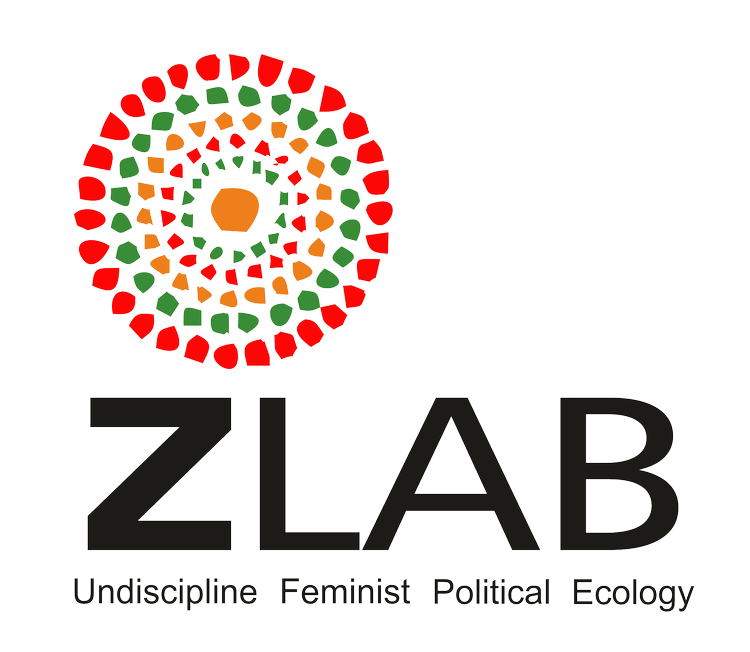About
The project
Syllabi are ubiquitous on university campuses and serve as one of the main material and virtual artefacts in which faculty and students interface, create shared understandings, and detail clear requirements and communication plans. This project was conceived during the fall semester when I was a 2018 Purdue University Faculty Retention and Success through Intergroup Dialogue fellow. The project takes up syllabi as an important boundary object to start difficult conversations, and support difference and diversity in university settings. Drawing heavily from resources already available, the document provides a roundup of guidelines and resources for faculty crafting their syllabi and provides entry-points to engage with decolonizing, anti-racist, anti-oppressive, inclusive, and social justice pedagogies. Covering a wide range of topics, the checklist is not meant to be exhaustive, but rather brings together already established resources to showcase different ways to signal support and focus attention on resources that help students succeed. While most universities have recommended or required text for their syllabi (For Purdue see here and here); this checklist builds on general requirements to assist faculty in crafting a syllabus that meets university rules while at the same time responds to the needs of the particular student body. Please note, this is a living document! Suggestions and additions are most welcome.
I want to thank the Faculty Retention and Success through Intergroup Dialogue organizers, faculty, and students. Many thanks to colleagues Sherylyn Briller, Amanda Veile, Mangala Subramanium, Kimberly Marion Suiseeya, and Lindsay Weinberg for their suggestions and comments.
As I started this project I found these resources to be incredibly useful, and they are quoted extensively in the document.
ACUE Inclusive Teaching Toolkit
https://acue.org/inclusive-teaching-practices-toolkit/
Checklist for Inclusive Syllabus
https://www.mtholyoke.edu/sites/default/files/TLI-TEFD-Checklist-Inclusive-Syllabus-20180613.pdf
100 Ways: Indigenizing and Decolonizing Academic Programs
https://journals.library.ualberta.ca/aps/index.php/aps/article/viewFile/27455/pdf
Inclusion by Design:
http://cte.virginia.edu/wp-content/uploads/2016/05/Inclusion-by-Design-Survey-Your-Syllabus-Brantmeier-Broscheid-Moore-.pdf
Center for Teaching and Learning University of Washington http://www.washington.edu/teaching/teaching-resources/preparing-to-teach/designing-your-course-and-syllabus/
Duke Accessible Syllabus Project
https://sites.duke.edu/dukeaccessiblesyllabus/
Decolonizing the Classroom Teaching Tool:
https://culanth.org/fieldsights/decolonizing-the-classroom-a-conversation-with-girish-daswani
Social Justice Syllabus Design Tool
https://journals.shareok.org/jcscore/article/view/87
GW Statement on Inclusive Excellence:
https://elliott.gwu.edu/statement-inclusive-teaching
Waggoner, Jess, Hailee Yoshizaki-Gibbons, Ashley Mog, Krystal Clearly, and Margaret Price, Facilitators. Workshop: Disability Access as Feminist Praxis at NWSA and Beyond. National Women’s Studies Conference. Baltimore, Maryland. November 18, 2017. https://www.academia.edu/35438137/Handout_Disability_Access_as_Feminist_Praxis_at_NWSA_and_Beyond_

